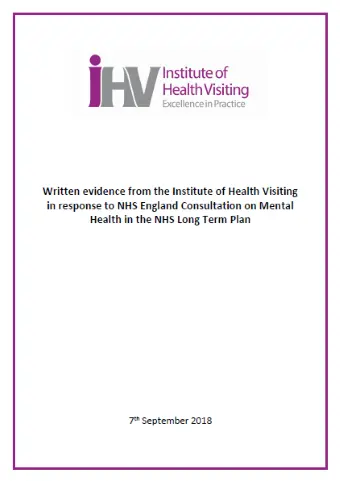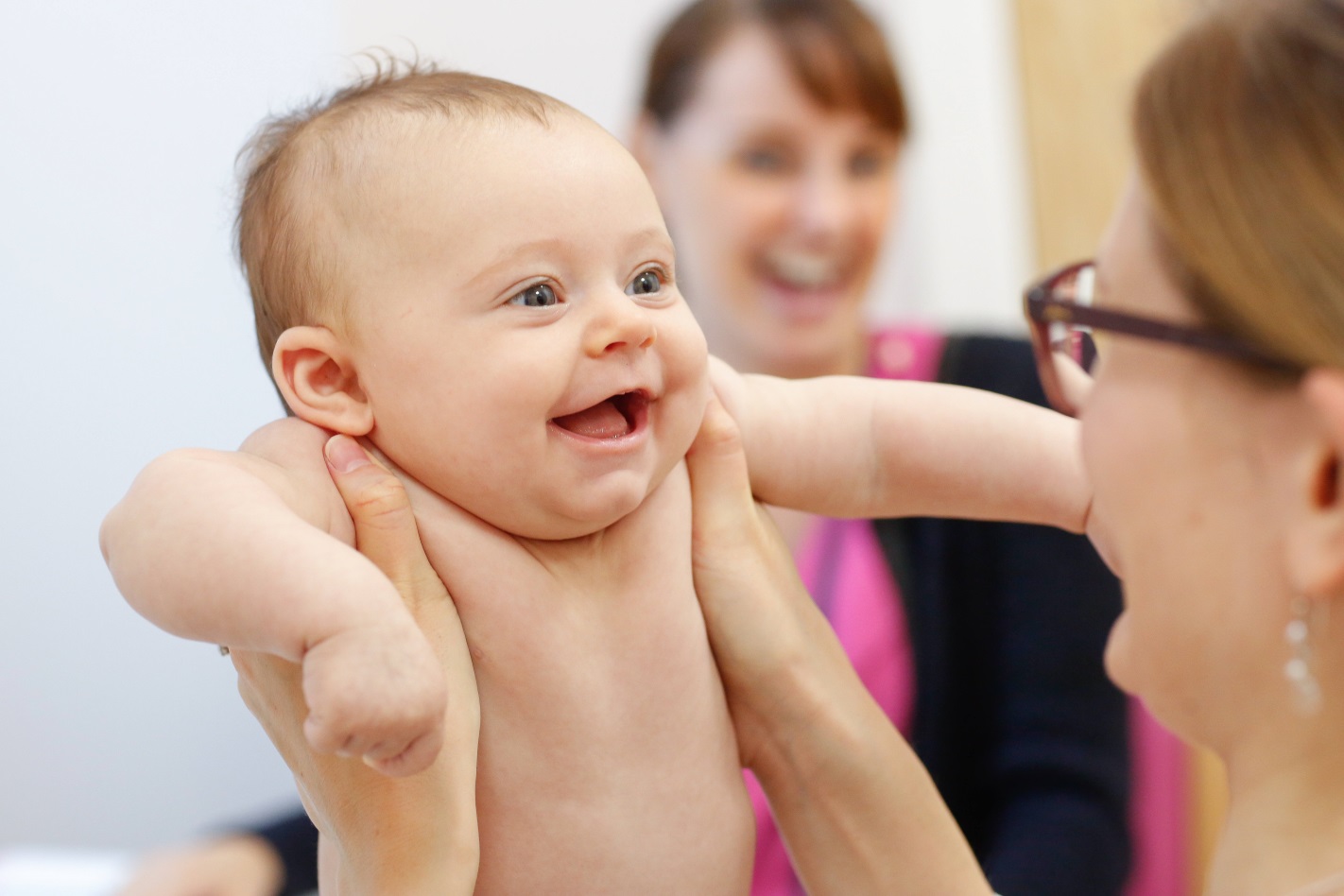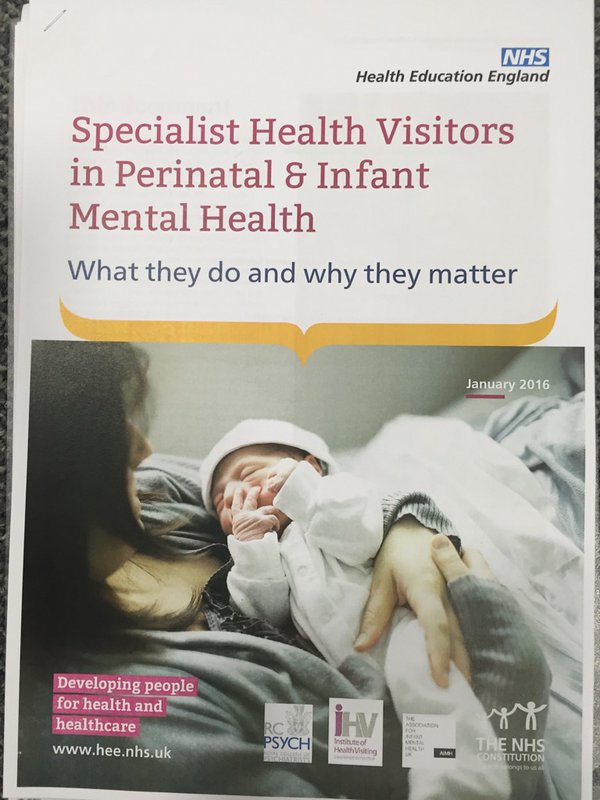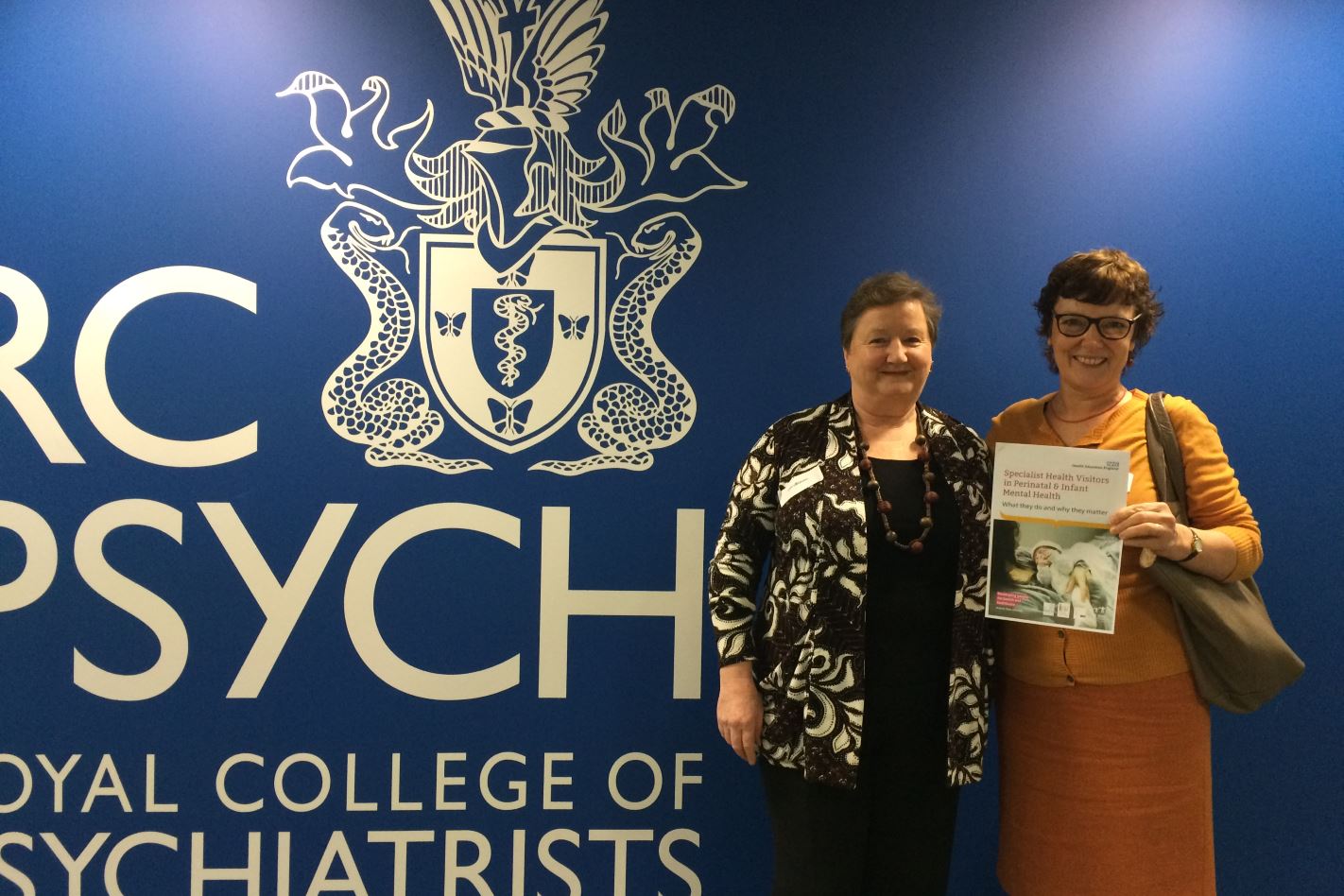iHV is delighted to support Infant Mental Health Awareness Week 2019 (#IMHAW19) organised by the Association for Infant Mental health UK (AIMH).
IMHAW19 runs from Monday 10 June to Friday 14 June – and the topic this year is “Difficult Beginnings”. Each day of the week has themes and AIMH will be releasing relevant articles each day throughout the week to include:
- Day 1: Difficult Beginnings: Pregnancy
- Finding out your baby has a genetic disorder. How that impacts Parental Foetal Attachment in pregnancy and beyond.
- Day 2: Difficult Beginnings: Birth
- How a traumatic or difficult birth impacts the baby and parent-infant relationship.
- Day 3: Difficult Beginnings: After Birth
- How the baby and parent-infant relationship is impacted by a stay in SCBU/NICU.
- Day 4: Difficult Beginning: First Few Months
- When previous losses get in the way of the parent-infant attachment.
- Day 5: Difficult Beginnings: Getting Some Help
- If things aren’t going well in pregnancy or following the birth of the baby, it is important for parents to seek help.
In support of the theme of the first day, we are pleased to reshare information on one of our current mental health research projects – Improving the Delivery of Different News to Families by Healthcare Professionals.
About the research project
The term “different news” is to describe the process of imparting and receiving sad, bad or difficult information relating to a foetus or neonate. Being told different news is a life changing event for parents – potentially triggering perinatal mental illness and more. How parents are told is critical as it can determine how they cope and adjust in response to the news. The delivery of different news is necessary part of healthcare practice. Many practitioners receive little formal training on how to tell parents different news.
To improve the delivery of different news we are conducting research to develop a training programme for healthcare professionals.
This is being conducted over two phases. For the first phase, we collected the experiences of parents who have received different news relating to their child and also took healthcare professionals’ experiences of delivering this news to parents. These experiences are being used to inform the training programme to improve the delivery of different news.







